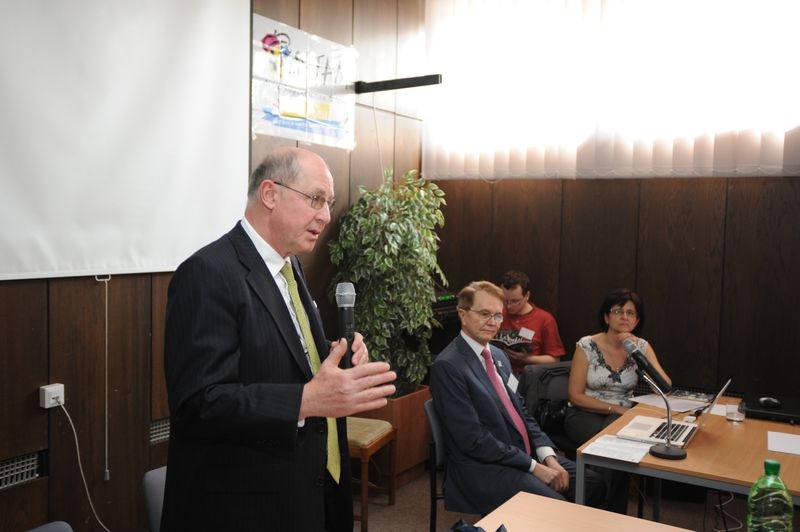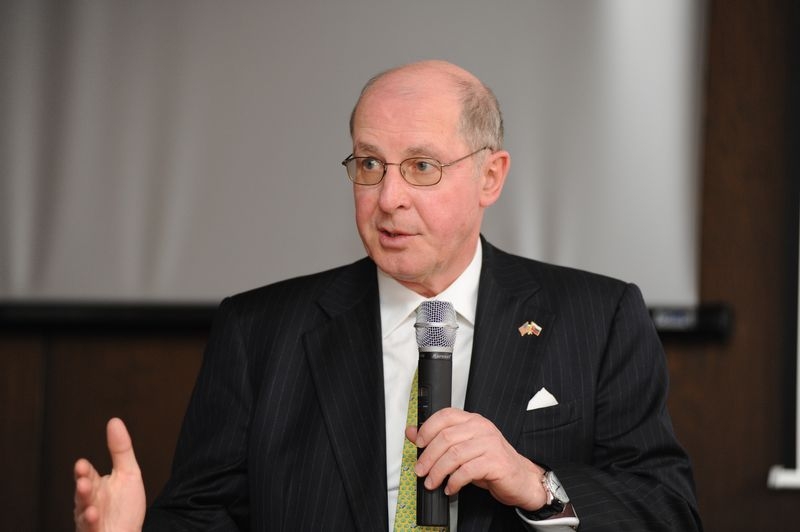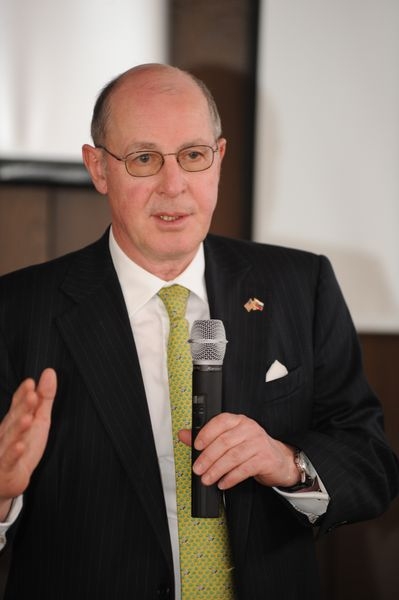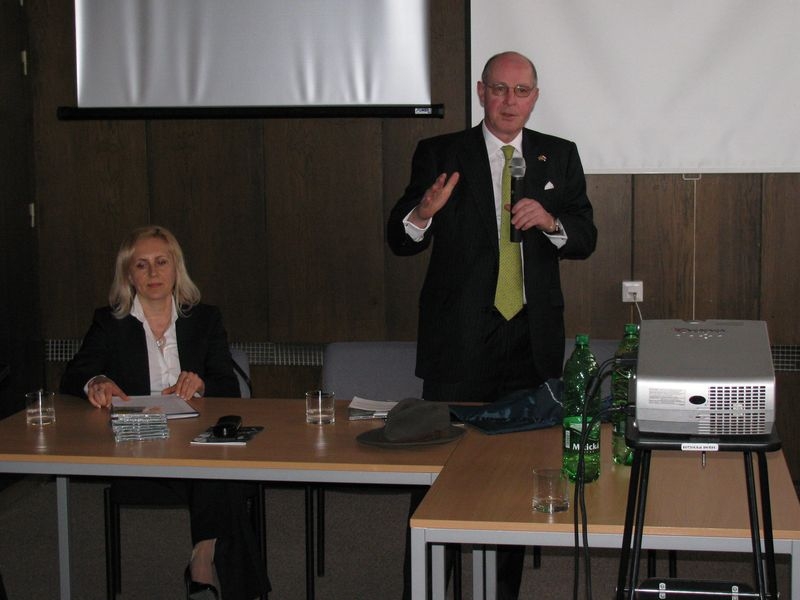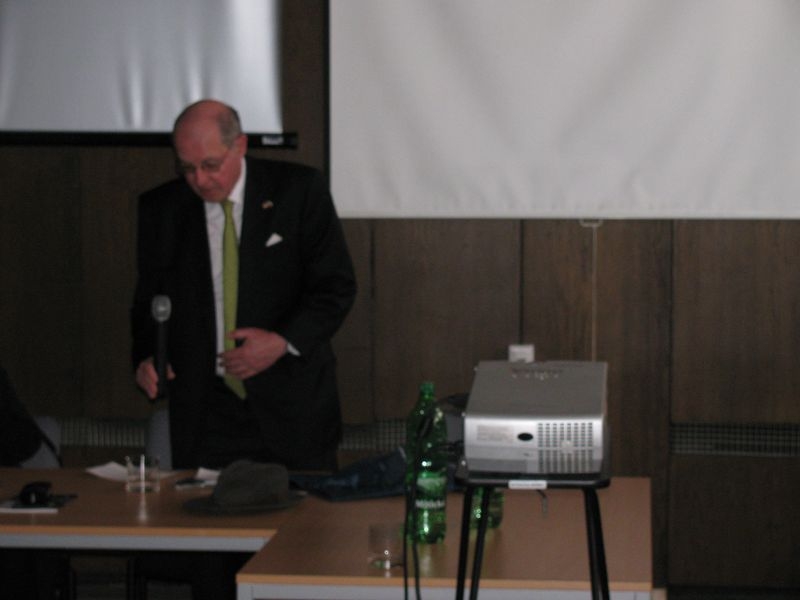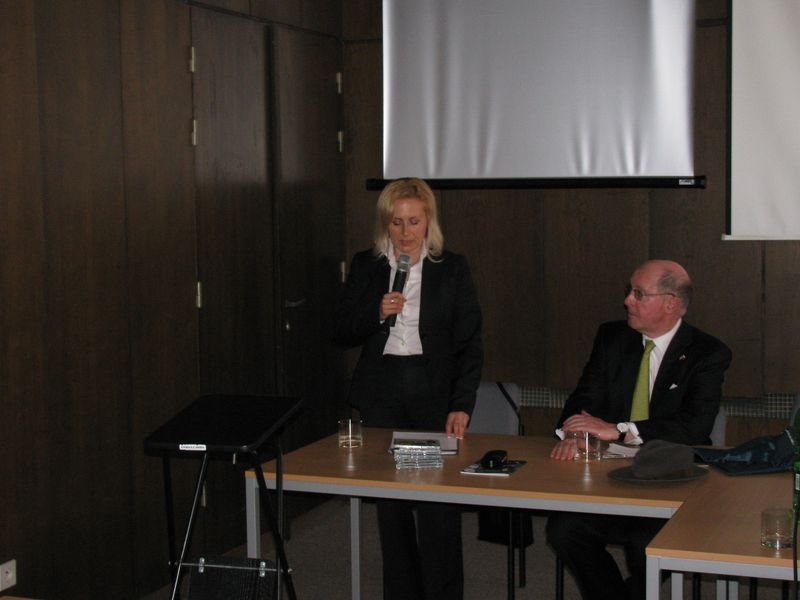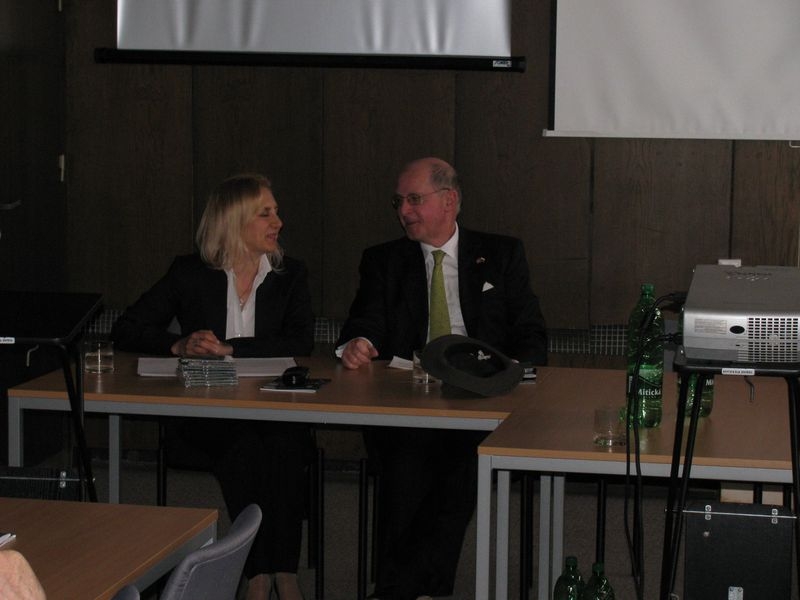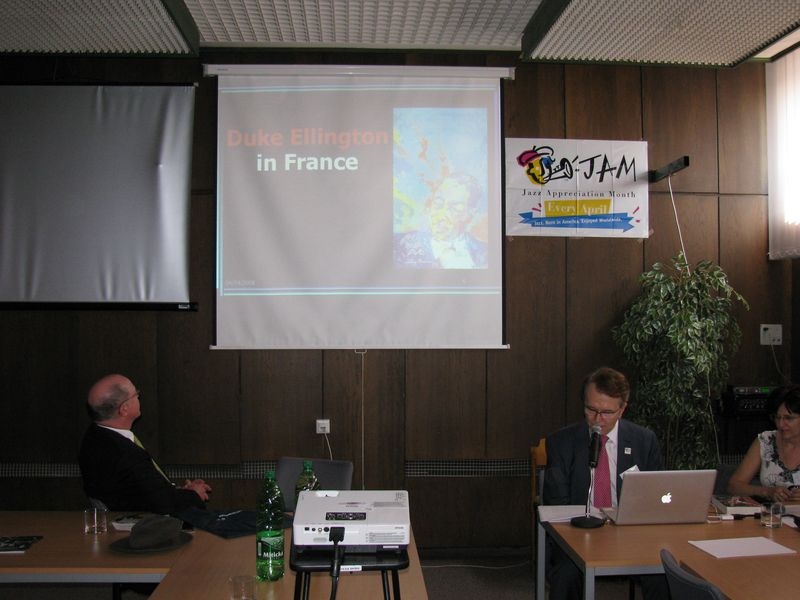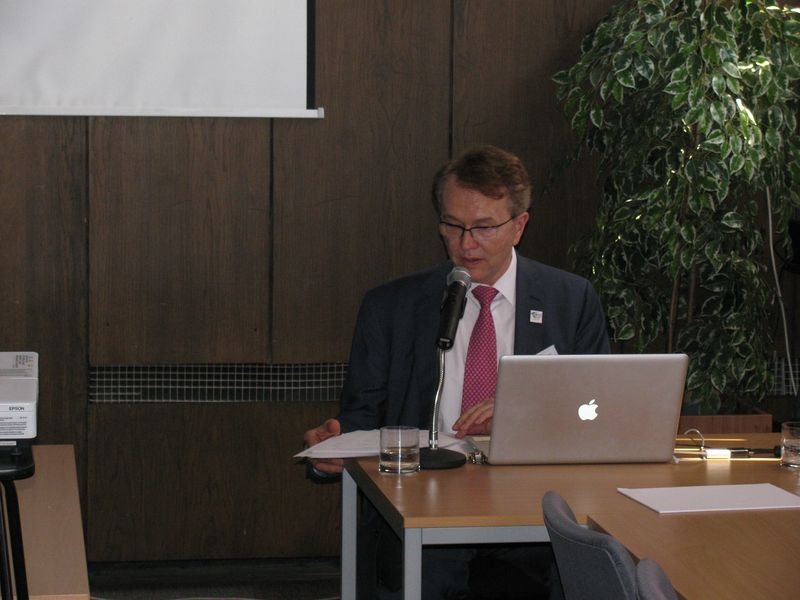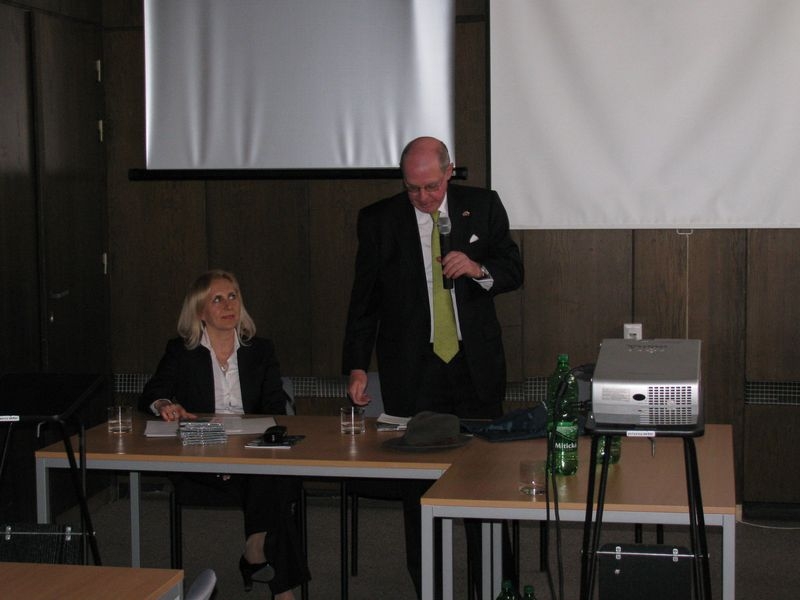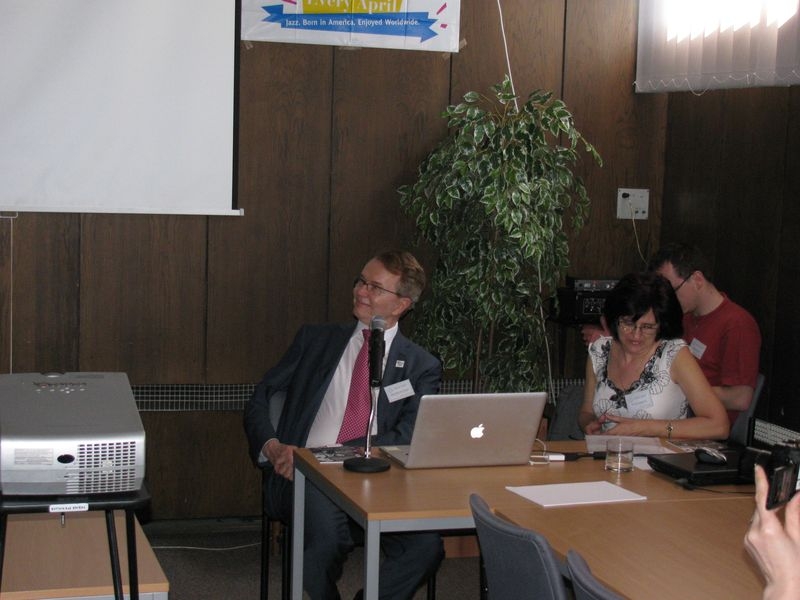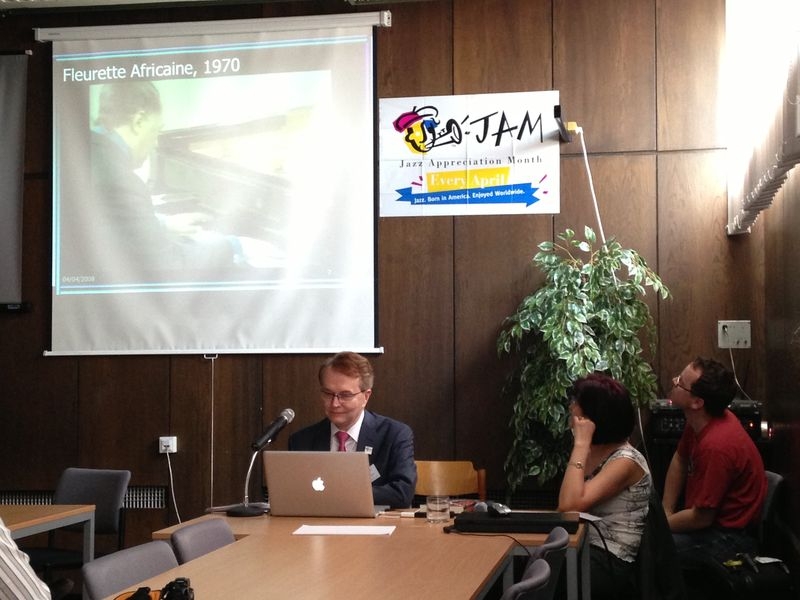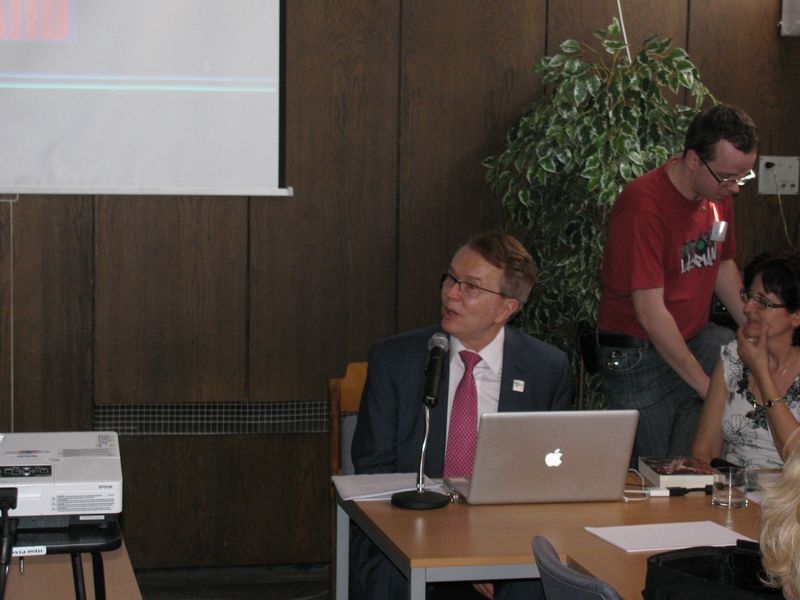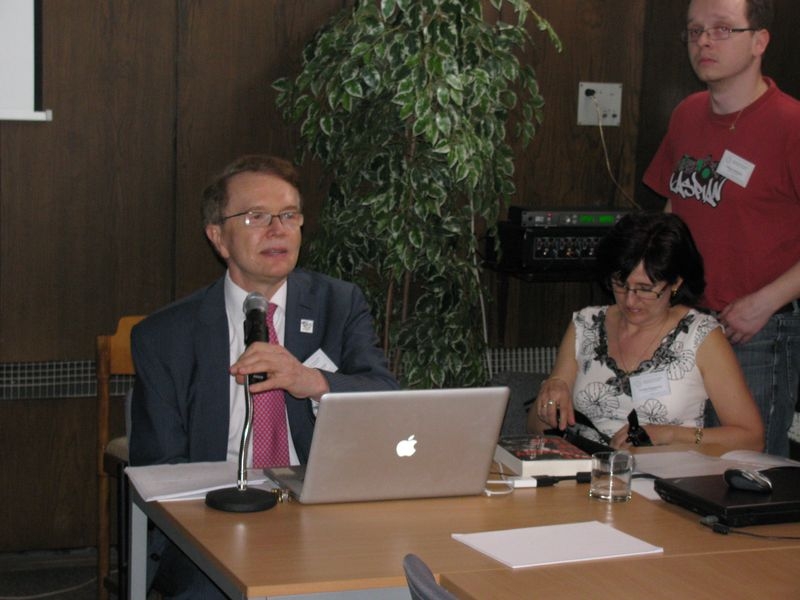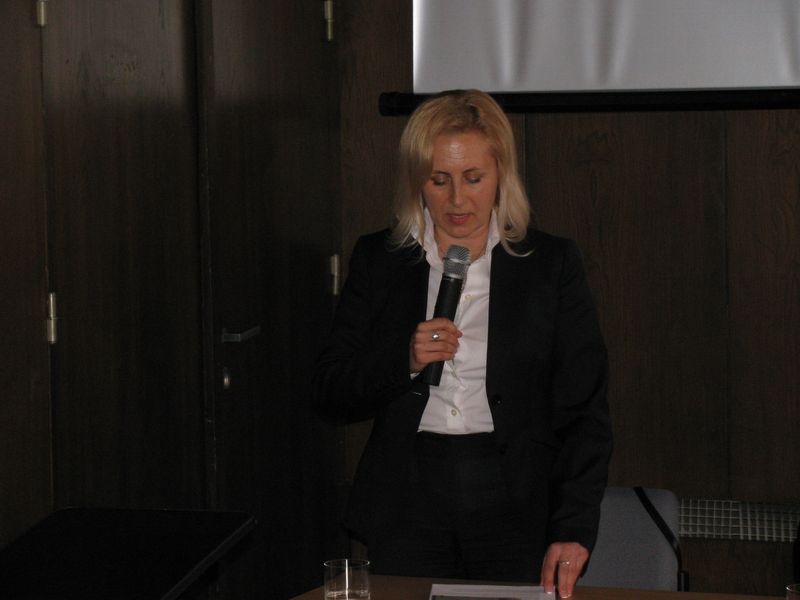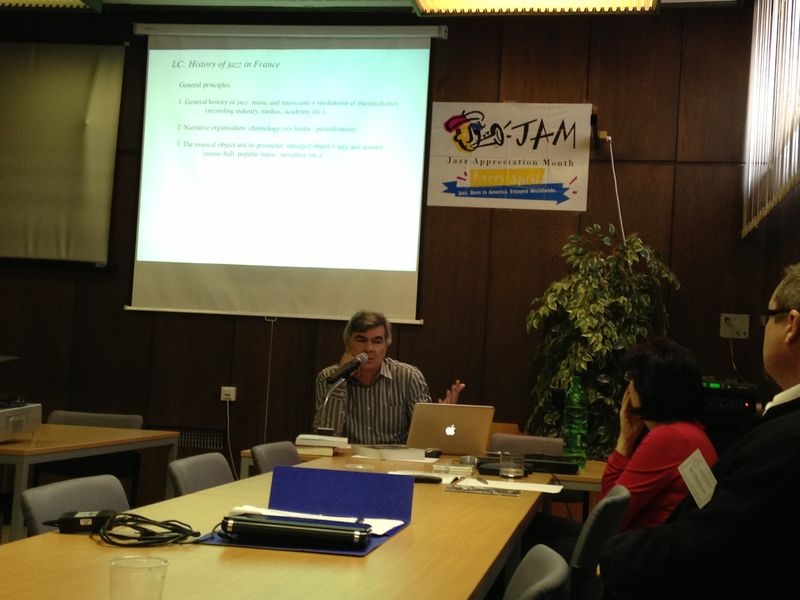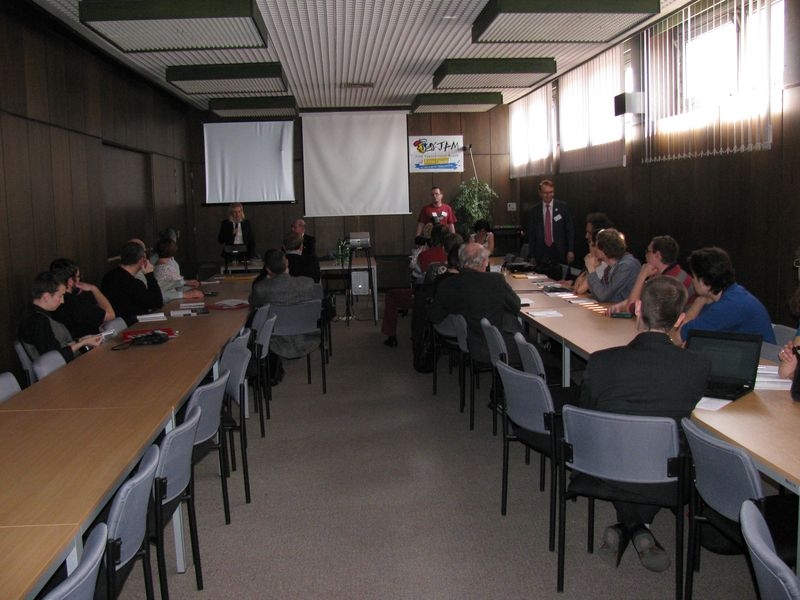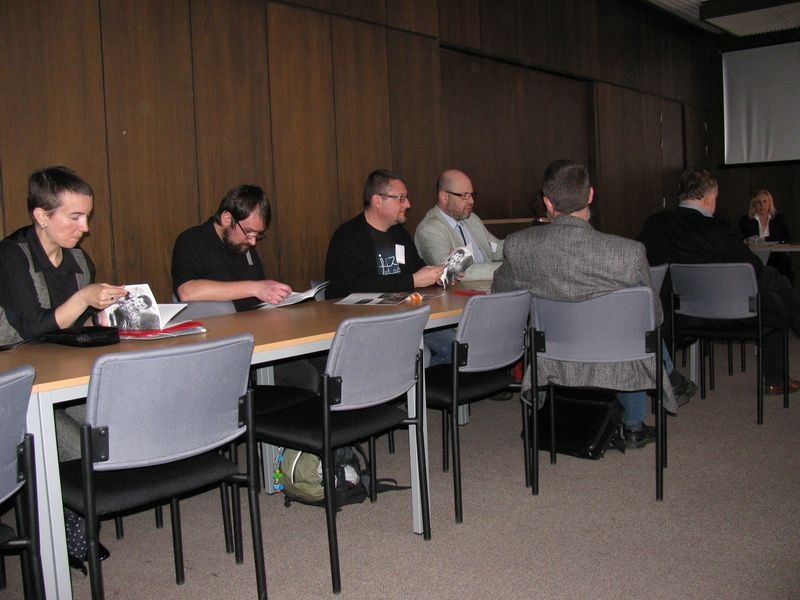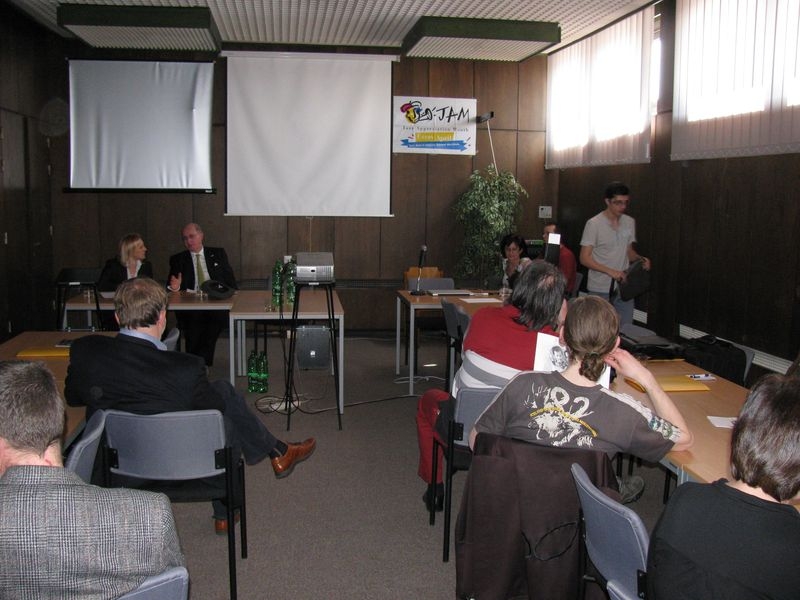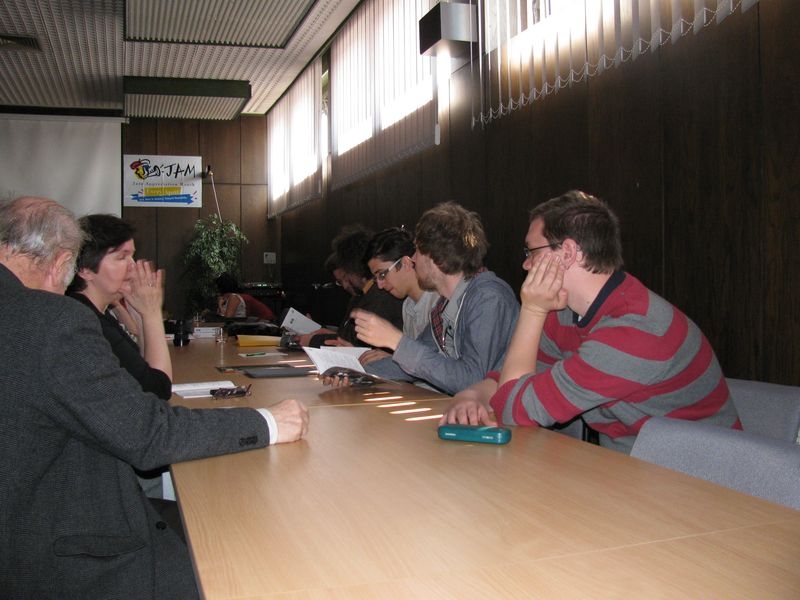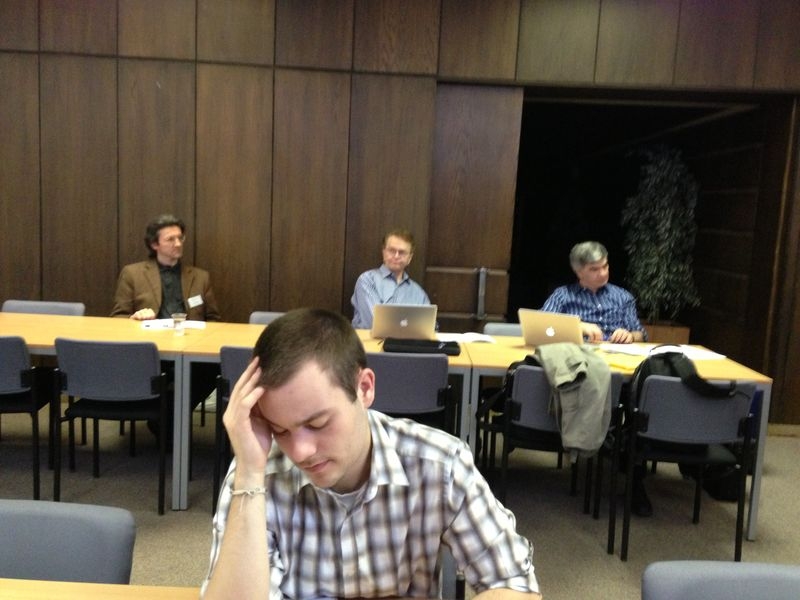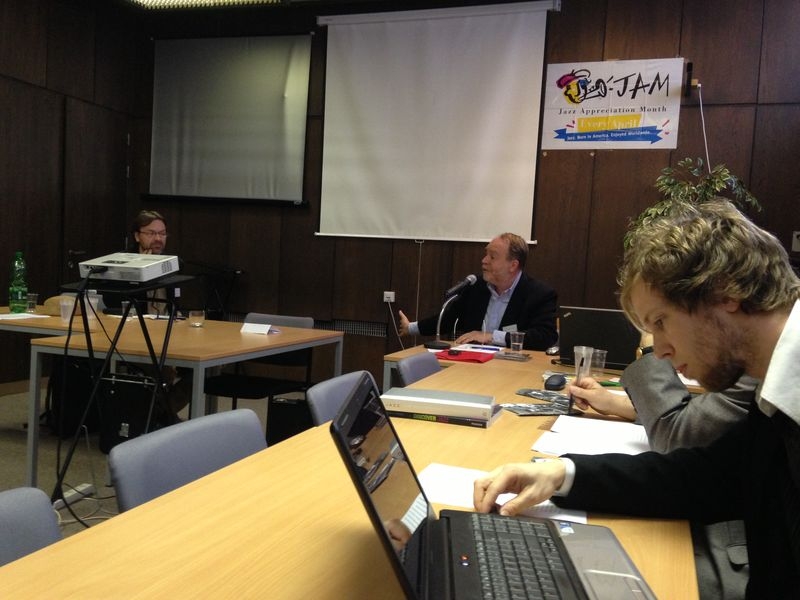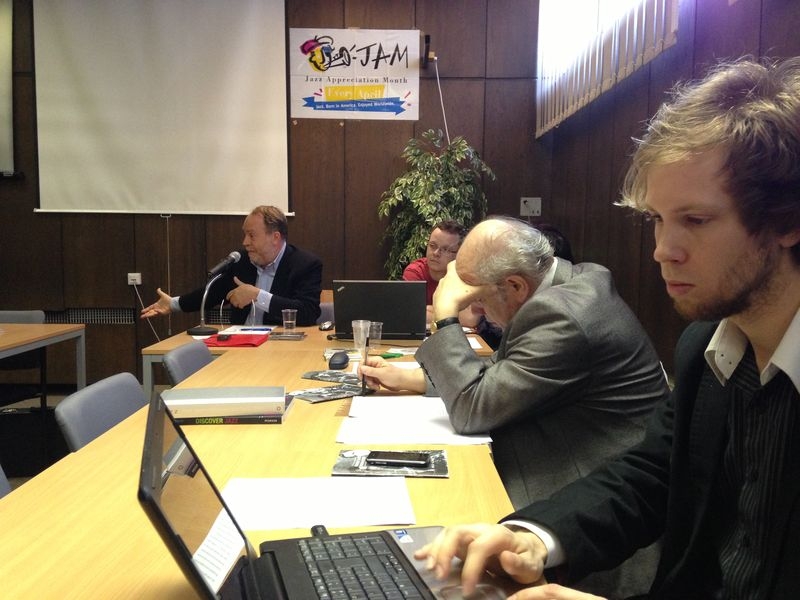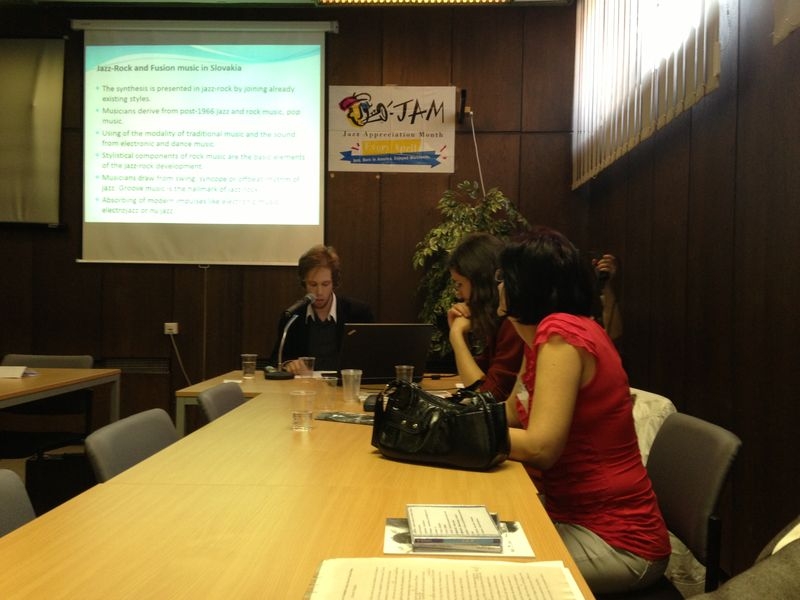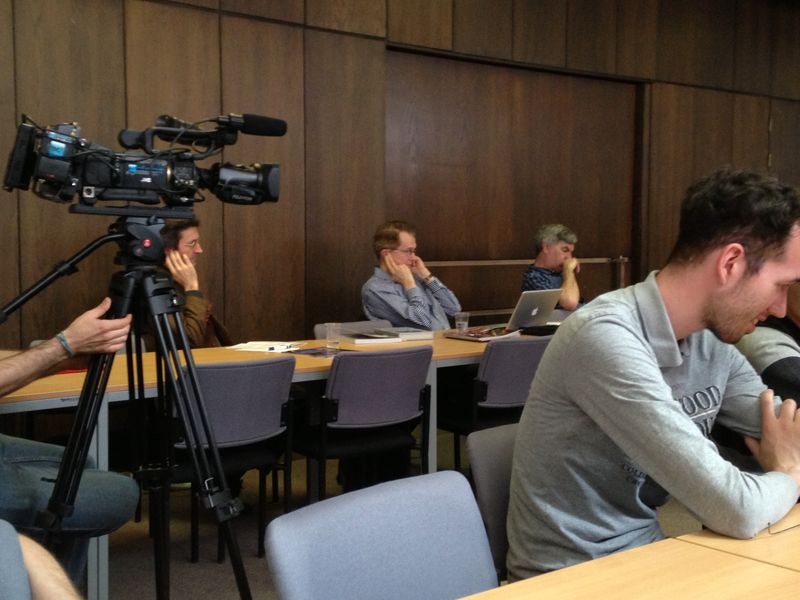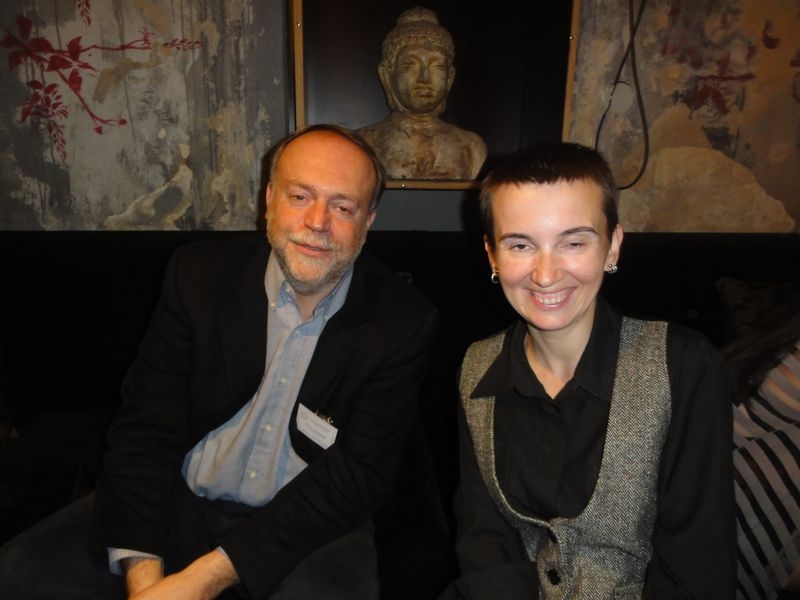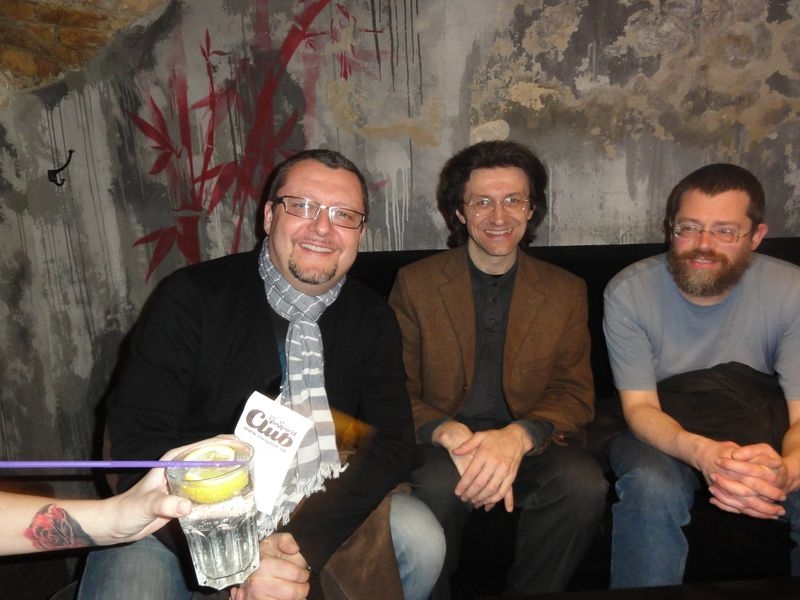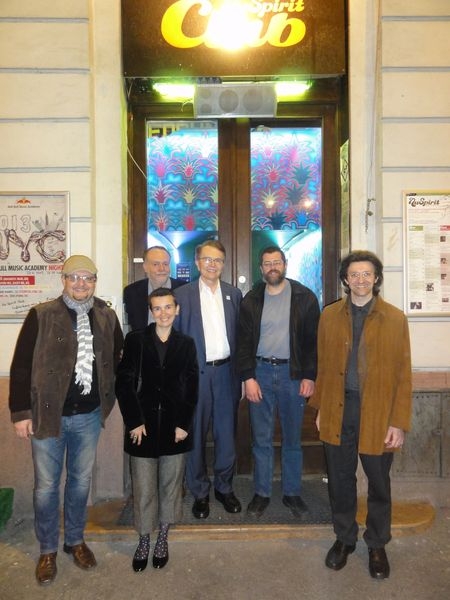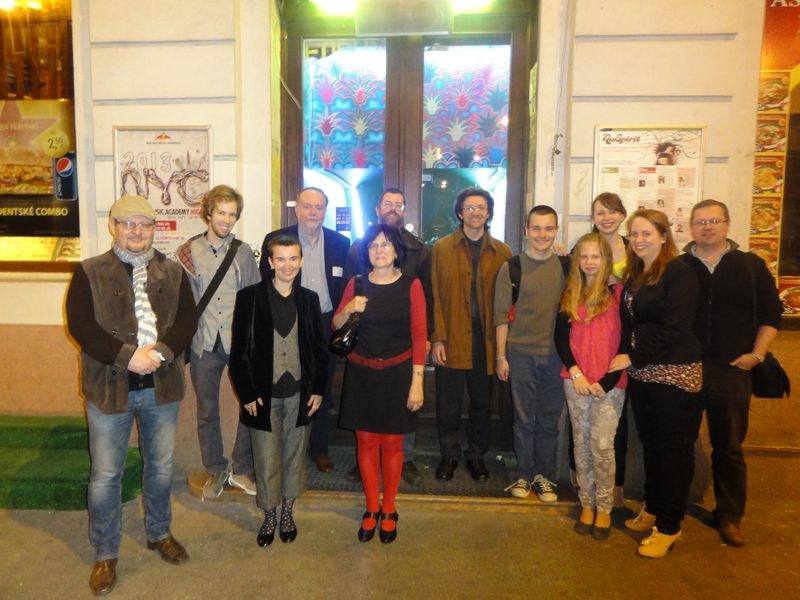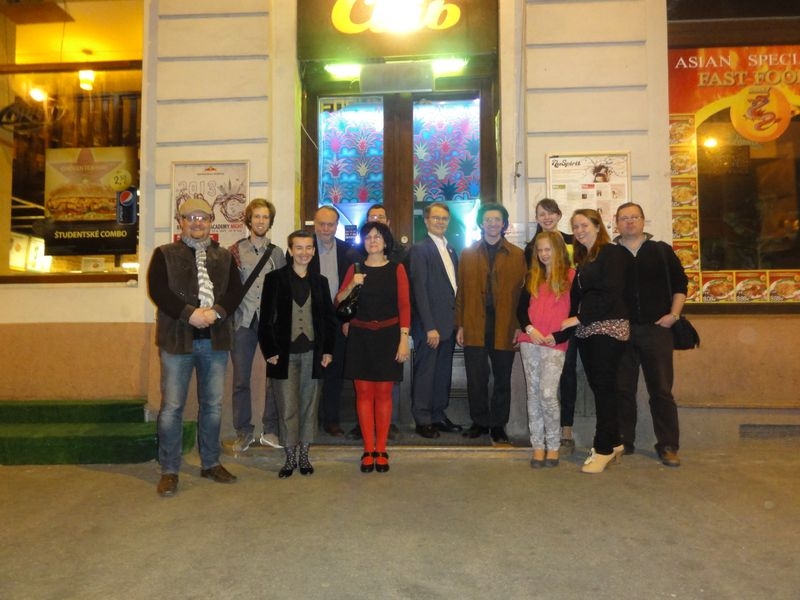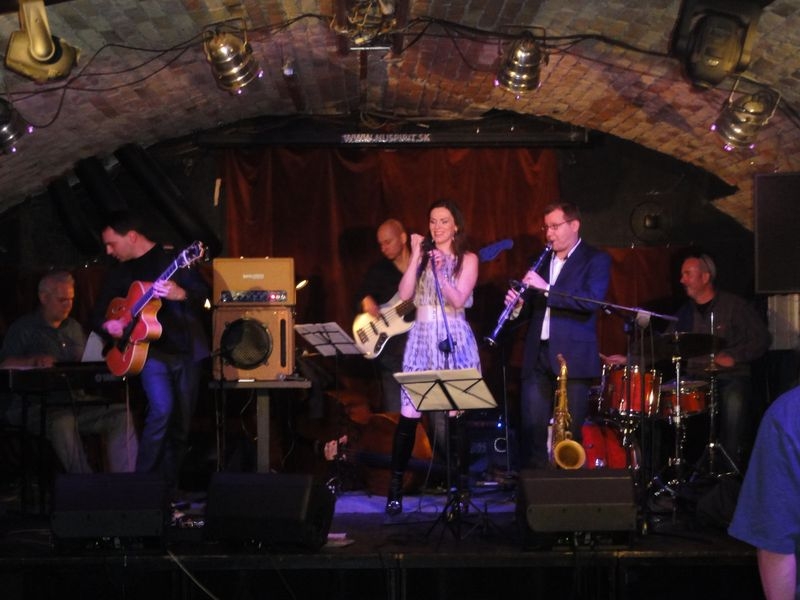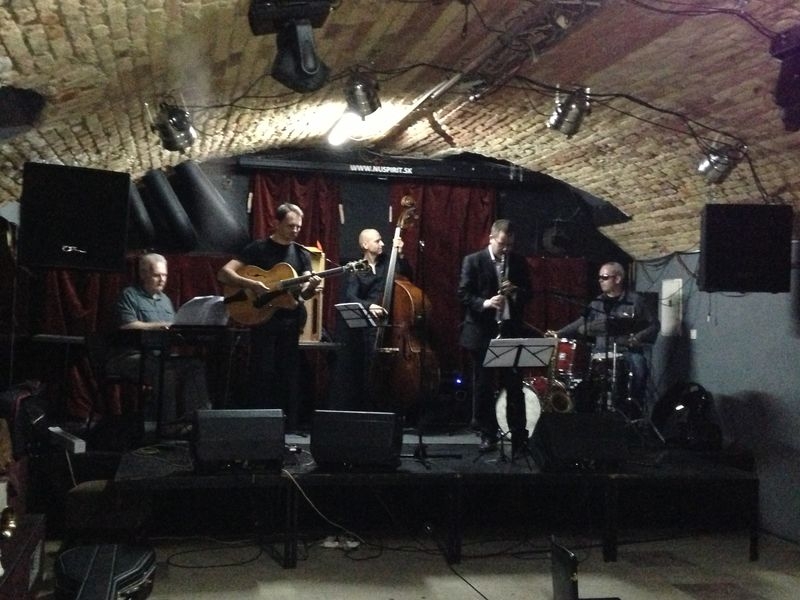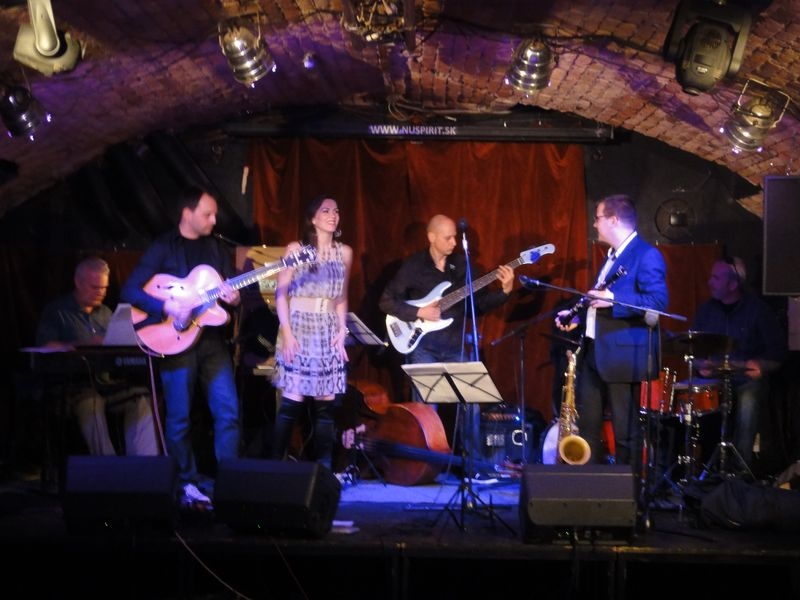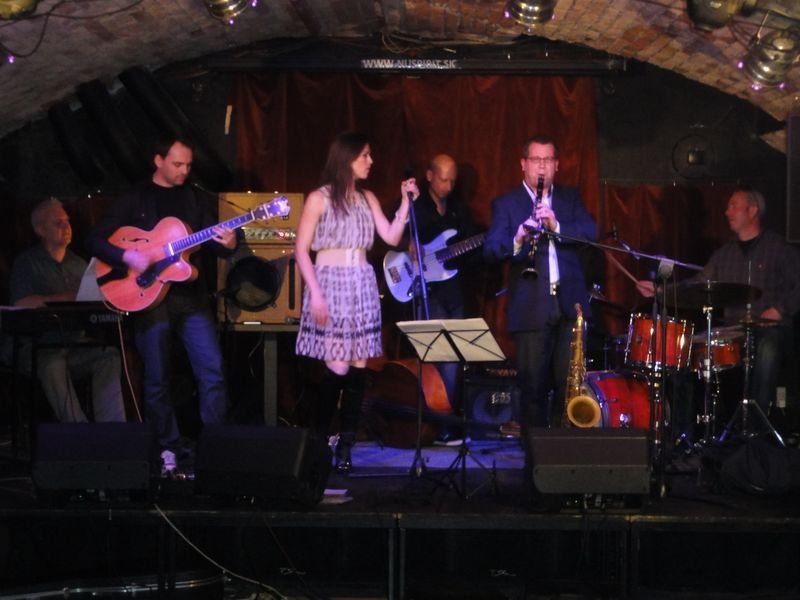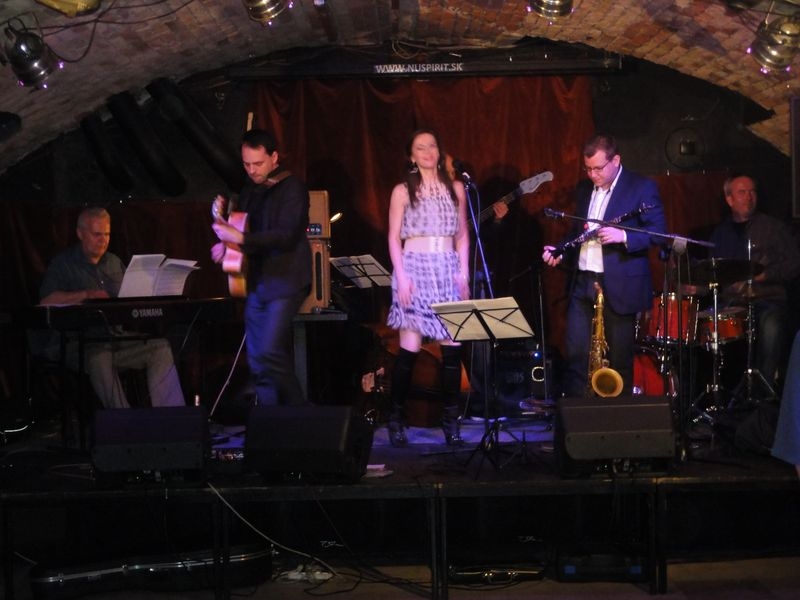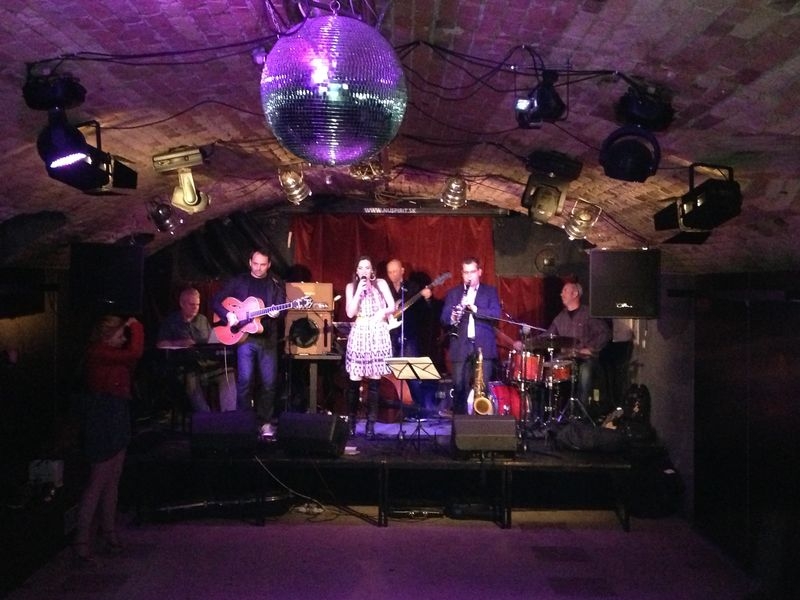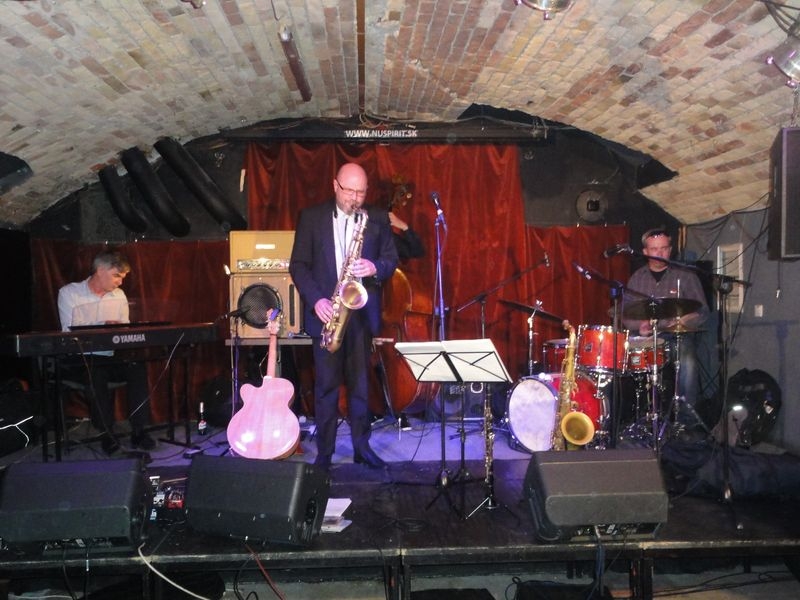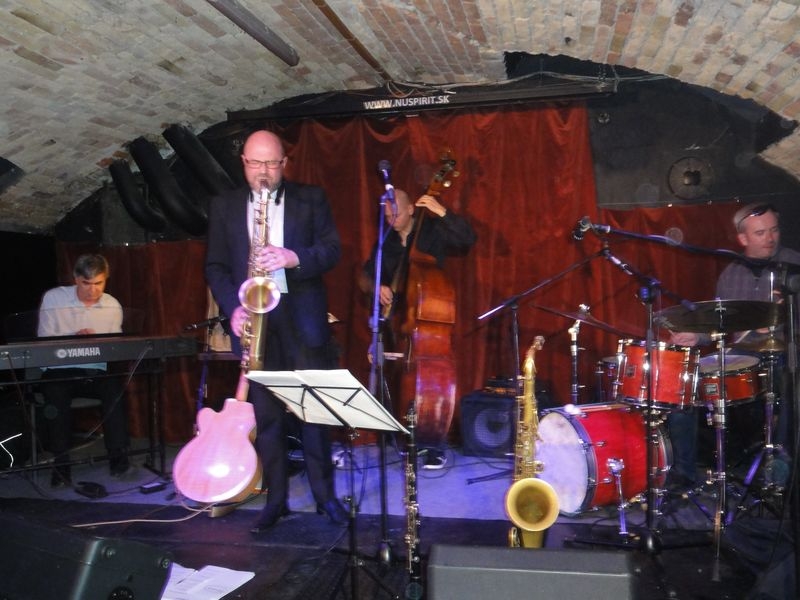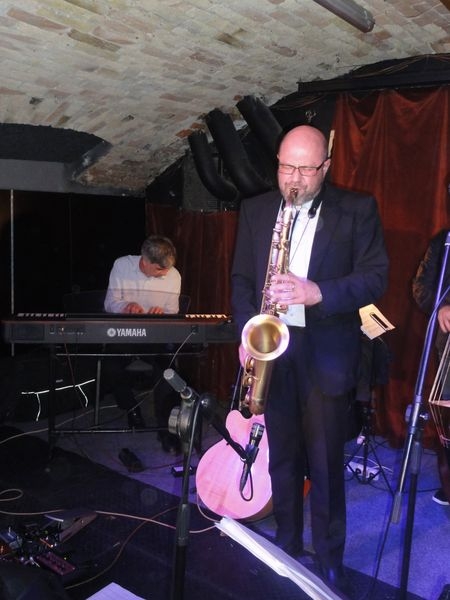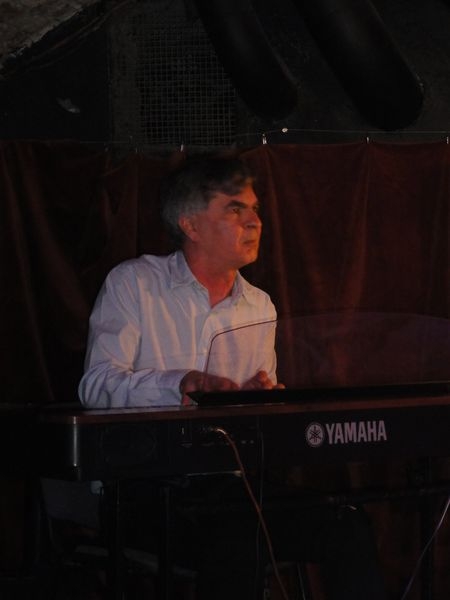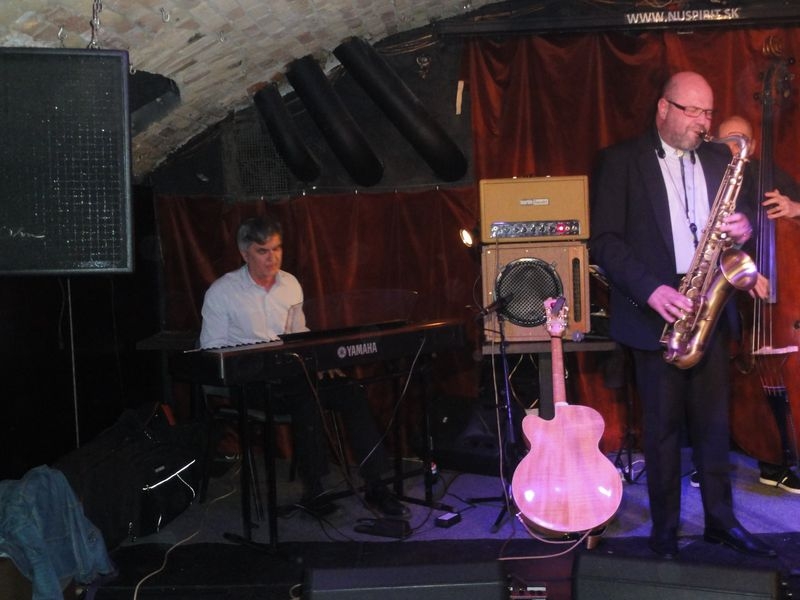Conference European Jazz Personalities, 22nd-24th April 2013 Bratislava, Slovakia
Jazz Appreciation Month
Department of Musicology, Faculty of Philosophy, Comenius University, Gondova 2, 814 99 Bratislava
Call for papers
European Jazz Personalities
Department of Musicology, Faculty of Philosophy, Comenius University is announcing an international conference of European Jazz Personalities which will take place in Bratislava from April 22nd to the 24th 2013. The conference will be focusing on European jazz in the past and present. Since 2001 Smithsonian Jazz Museum in Washington celebrates April as a month of jazz (Jazz Appreciation Month-JAM), during which specific events stimulated public interest in jazz and our department wants to participate at this celebration.
The key focus of the conference will be on personalities, artists and their performances, improvisational and compositional abilities, which developed from standard skills to unique art form. It is important to understand in present time how to separate kitsch from artefact, common coffee-bar production from art or club production of jazz in Europe, and jazz as improvisational art form from contemporary improvised music. Special issues present abilities of musicians to perceive and produce jazz as unique artistic form of musical culture of the 20th century, abilities to understand and create new national musical styles by continuing the jazz development in the USA. It has not always been so simple to enforce jazz and its diffusion on local and national level in Europe, which had different historical and artistic tradition. Jazz extension and promotion in the period 1948 – 1989 in the communist states behind the Iron Curtain were connected with different cultural ideology and politics. To what extent ideological and political conditions influenced forming or deforming artistic personalities? What are the individual and musical skills of European jazzmen? Are they musical, technical, artistic, managerial, leading skills and abilities? Do only musicians-jazzmen have influence on jazz development or also editors, publishers, agents, photographers, journalists, scholars, musicologists and listeners? In what stages European jazz has been developing – between two world wars in the form of hot dance music, gypsy jazz and swing, happenings and avant-garde jazz (Italy, Switzerland-Zürich) after World War II in be bop style and neo bop tendencies, since 1969 in jazzrock and fusion music styles, in European ECM sound, in mixing of classic European forms and traditional folk music?
What were the political turning points and consequences for jazzmen – politics of Ždanov, detection of Stalin cult of personality in 1956, Hungarian contra revolution in 1956, Cold War and declaration of American politics: “We will beat the East Europe by jazz,“ dividing Germany by Berlin Wall in 1961, tour of Benny Goodman Orchestra in Soviet Union in 1962, Prague Spring in 1968, forming the first non-communist party Solidarność in Poland in 1980, jazzmen’s immigration, censorship of musical life, economic centralisation and retardation of musical market?
New situation is developed for European jazz after 1989, when economic, commercial and global impacts influenced activities of developing European jazz (European jazzmen moved to the USA in seventies and eighties in order to be recognized worldwide such as: Joe Zawinul, Jan Hammer, George Mráz, Miroslav Vitouš, Urszula Dudziak, Michal Urbaniak, Adam Makowicz, László Gardony, Joachim Kühn…), competitiveness of European jazz after 1989 and its autonomy in confrontation with American jazz, jazz admission into the global world and its metamorphoses in the nineties (Diana Krall). The question is which European countries and personalities contributed to the development of European jazz phenomenon.
Call for papers is open for experienced but also for young scholars from different scientific areas: musicology, cultural studies, sociology, history, politology… Presentations can be related to following areas:
- Power of personality, talent, musical abilities independently of style and artistic form, which leads to the creation of relevant historical events and activities.
- Universal jazz styles and its development in Europe, creating new art forms, trends and styles, looking for connection with classical music (European western music), experimental music and traditional folk music (for example free jazz and its specific features in German jazz).
- Penetration of European jazz musicians, bands and orchestras into consciousness in the USA and abroad, migration problematic –immigration and double citizenship.
- Features of European jazz towards American, Latin-American jazz specified in examples of jazzmen.
- Influence of cultural politics on developing jazz in European countries in different historical periods.
Instructions:
- Abstract proposals are accepted only in English. Maximum length 350-400 words and 5 keywords. Submit your abstract and full contact address as an electronic file by December 15, 2012. Please send the abstract to:
E-mail - Deadline for confirmation of the abstract is February 1, 2013.
- You can find further information about the conference on the journal web site: Musicologica.eu
- Official language of the conference: English
- All papers will be published in special volume or web journal Musicologica.eu

